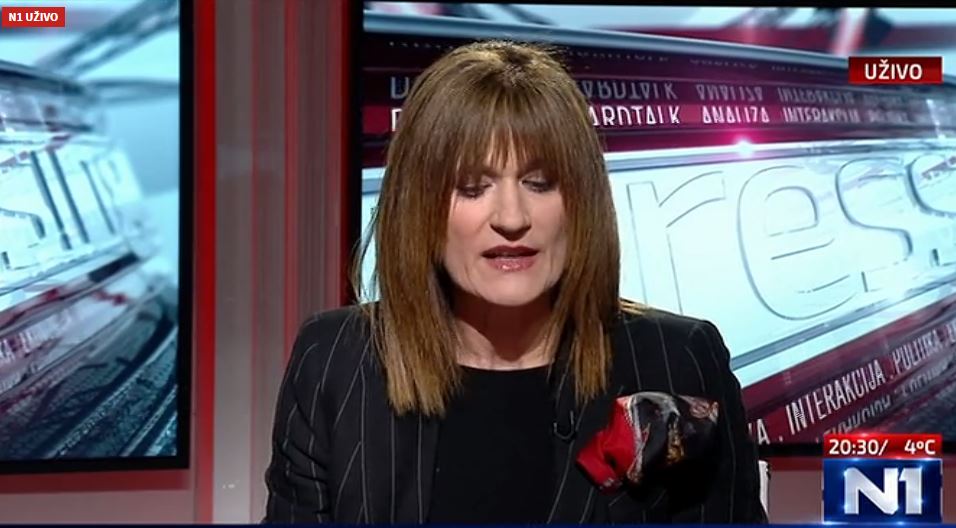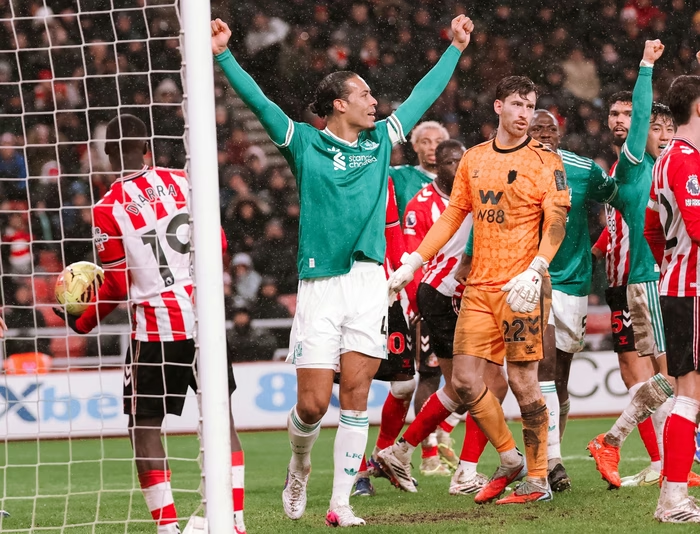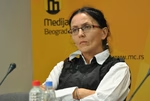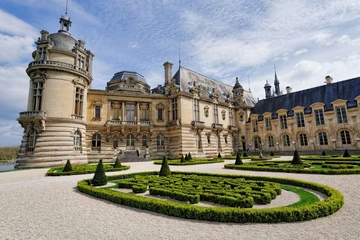
The exemption of judges should not be interpreted as a criticism of individual judges, but should be understood in the context of a fair trial, a former employee of the Hague Tribunal and professor at the University of Amsterdam, Nevenka Tromp told N1.
Judge Jean-Claude Antonetti accepted the appeal by war crime suspect Ratko Mladic's defence and excluded Carmel Agius, Liu Daqun and Theodor Meron from the second-instance procedure in this case, The Hague-based tribunal confirmed for N1.
Nevenka Tromp said this is not such a great handicap.
"These last-minute changes are not very frequent, but they can happen, and I don't think that this should have any negative consequences on the outcome of the second-instance trial," Tromp said, explaining the reasons why the defence or the prosecution can seek the exemption of judges.
"Apart from the presentation of evidence and legal procedure, legal proceedings also contain several other elements that are very important for the integrity of the final verdict, such as the administration of justice," she pointed out. "The administration of justice implies a fair trial; if the prosecution or defence have some arguments or complaints on the procedure itself, then it is very logical to take this complaint seriously into consideration since the integrity of the verdict will also depend on the notion of whether the trial was fair or not.”
The professor pointed out that one should not expect too much from the appeals procedure "because a return to facts is almost impossible in the second instance procedure. There will be no new investigative procedure. The second instance procedure most often deals with only the elements previously submitted by the prosecution or the defence. Nothing significant will change from what the first instance verdict has already pronounced."
In the case of Mladic, the victims should know that the two most important elements in the first-instance verdict were that great dissatisfaction was demonstrated by the fact that he was not judged for genocide in municipalities in which crimes occurred in 1992, and because his role in the crimes was not linked with Belgrade through the Joint Criminal Enterprise. It will never be possible to bring Mladic in connection with Belgrade in the second instance verdict because that element will not be used in the appeal process. Victims can actually expect only some kind of confirmation of the first-instance verdict," Tromp concluded.
A spokeswoman for the Mechanism for International Criminal Tribunals (MICT) Helena Eggleston told N1 that Ratko Mladic filed three requests on June 18, challenging judges Meron, Agius and Daqun on the basis of actual bias or appearance of bias.
Judge Antonetti did not establish the existence of a real bias but concluded that certain statements about Mladic's criminal responsibility could cause a reasonable fear of bias. For this reason, Antonetti issued a Decision recognizing the defence's request to exclude the three judges from the Chamber.
Eggleston added that this exemption should not affect the trial.
Kakvo je tvoje mišljenje o ovome?
Učestvuj u diskusiji ili pročitaj komentare





 Srbija
Srbija
 Hrvatska
Hrvatska
 Slovenija
Slovenija


























































